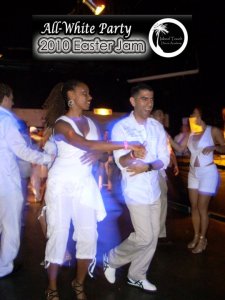I remember when I stopped ironing.
As a young girl, I ironed all the time. And to some degree, ironing suited me. I’d iron shirt after shirt, and soon enough I’d be in a mindless rhythm. My thoughts were free to imagine new scenes for my current short story, or remember favorite scenes from a Judy Blume in progress. Usually I’d iron in the den on weekends. Daddy stretched out in his easy chair watching sports of some sort, momma half-watching, half-devouring a novel. It was easy, ironing was.
As I grew older, I continued ironing as needed. Didn’t think much of it. Maybe I no longer ironed clothes on weekends. Maybe I simply ironed the night before, as I laid out clothes for school.
In college, ironing happened decidedly less often. Using that mini surfboard on the bed proved neither effective nor fun, and it was college. Everyone knew you just needed to get your clothes out of the dryer while they were still warm. Ironing was reserved for the really stubborn creases, and only then at the last possible minute.
I entered the workforce and ironing again became a regular occurrence. Sometimes it was the evening before, yet more often than not, I saved it for my morning routine. There wasn’t much to it, after all. It was just ironing.
I remember when I stopped ironing.
Months after momma died unexpectedly, grief became stress became a fog. Life was thick. Heavy. Clouded over. Every morning it was time to get dressed and go teach my 4th graders, yet it got harder, not easier. Where was it? Where was the outfit I could just put on? I didn’t want to think about ironing. I couldn’t bear the thought.
I was near tears one day, trying to figure out tomorrow’s outfit and the requisite ironing, when cousin big sister suggested a radical idea: dry cleaners. I had only associated dry cleaning with my dad’s work shirts. Momma and I dropped them off early mornings before school and picked them up in the afternoons.
Neatly pressed clothes sans stress? Sign me up. I sighed away 10 pounds.
And thus marked the beginning of the end of ironing. Soon enough, through geography and professional choices, I all but eliminated the need for pressed clothes from my life. For years I donned sarongs and sundresses, jeans and fitted t-shirts.
—
As of late, the iron is no longer content to make cameos. It seems to be pushing for a more starring role. Yesterday’s sheath dress required a tap from the hotel iron, as did today’s button-down and slacks. And it was easy enough. There isn’t much to it, after all. It’s just ironing.
But I remember when I stopped ironing.


